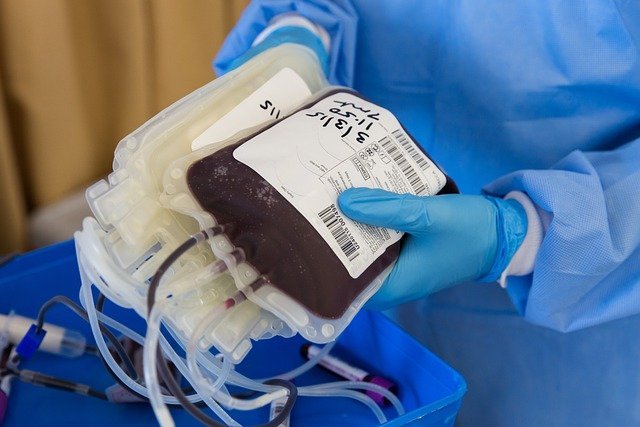Yesterday marked the beginning of Black History Month, and the theme for 2022 is “Black Health and Wellness.” According to the Association for the Study of African American Life and History (ASALH), “This theme acknowledges the legacy of not only Black scholars and medical practitioners in Western medicine, but also other ways of knowing (e.g., birthworkers, doulas, midwives, naturopaths, herbalists, etc.) throughout the African Diaspora. The 2022 theme considers activities, rituals and initiatives that Black communities have done to be well.”
Today’s blog post focuses on five African Americans who have had a significant impact on public health, despite working “in a system which historically subjugated and exploited black Americans” and “denied access to the very systems and institutions that they helped improve.”
Donna M. Christensen was elected in 1996 to the U.S. House of Representatives, becoming the first woman to represent the U.S. Virgin Islands and the first woman medical doctor to serve in Congress. She chaired the Congressional Black Caucus’ Health Braintrust for 15 years, which “put her at the forefront of congressional efforts to end health care disparities for minority communities and women, to fight HIV/AIDS both nationally and internationally, and to extend health insurance coverage.” Go to Congress.gov to see legislation sponsored or cosponsored by Representative Christensen.
Image by Ahmad Ardity from Pixabay.
Charles Richard Drew was an “African American surgeon and researcher who organized America's first large-scale blood bank and trained a generation of black physicians at Howard University.” Known as “‘the father of the blood bank’ for his innovative mobile blood donation concept,” “he organized and directed the blood-plasma programs of the United States and Great Britain in the early years of World War II.” However, the protocol of the U.S. armed forces initially was to “exclude African Americans from donating; thus Drew, a leading expert in blood banking, was ineligible to participate in the program he helped establish.” When this protocol was modified to allow blood donations from African Americans, “but would have to be stored separately from that of whites, Drew resigned his official posts.”
Roselyn Epps became “the first African American local president of the American Medical Women's Association” in 1974, and “the first African American elected national president of the American Medical Women’s Association” in 1991. In 1980, she “was appointed the first acting commissioner of health of the District of Columbia.” As a scientific program administrator in the 1990s at the National Cancer Institute of the National Institutes of Health, “she planned and implemented strategies to distribute smoking prevention and cessation research results to a hundred thousand health professionals throughout the United States and abroad” and “was also program officer for several research initiatives focusing on cancer screening and diagnosis.”
Photo by Chayene Rafaela on Unsplash
Marilyn Hughes Gaston was the first African American woman to direct a public health service bureau when she became the “director of the Bureau of Primary Health Care in the U.S. Health Resources and Services Administration” in 1990. In this role, “she focused on improving health care services for poor and underserved families,” and “[u]nder her direction, significant expansion of community health centers, migrant health centers and the National Health Service Corps occurred.” In addition, “[h]er 1986 research led to a sickle-cell screening program for newborns, and under her leadership at the Bureau of Primary Health Care in the U.S. Health Resources and Services Administration, her sickle-cell research expanded internationally.”
Risa Lavizzo-Mourey has focused on “disease, disability prevention, and health care issues among minorities” throughout her career. She was “the first woman and first African American to be president and chief executive officer of the Robert Wood Johnson Foundation,” which supports “research and programs to uncover the many factors that impact health, and enable people and communities to be as healthy as possible.” During her time at this foundation, “she spearheaded both [sic] health initiatives such as creating healthier, more equitable communities; strengthening the integration of health systems and services; and ensuring every child in the United States has the opportunity to grow up at a healthy weight.” She currently serves as Health Equity Professor Emerita at the University of Pennsylvania.
More recently, Black doctors, nurses, scientists, and other professionals have joined together in efforts to combat COVID-19. Two such organizations are the Black Doctors COVID-19 Consortium and the Black Coalition Against COVID.




